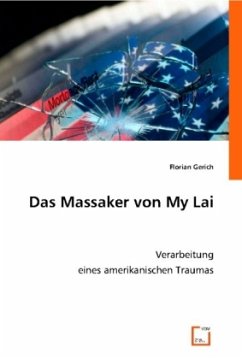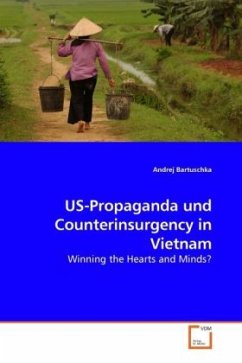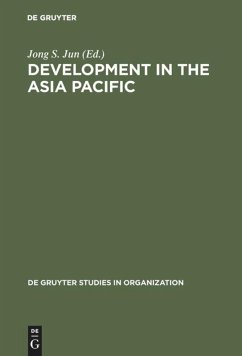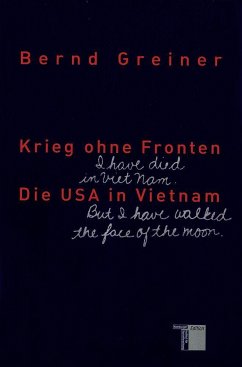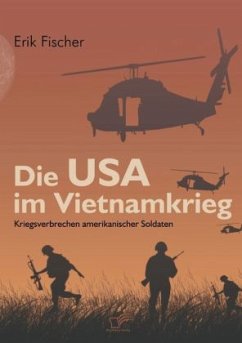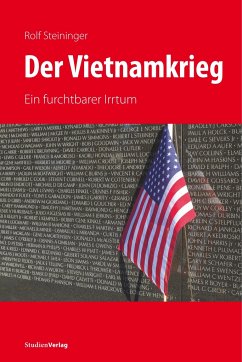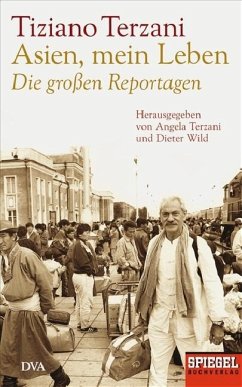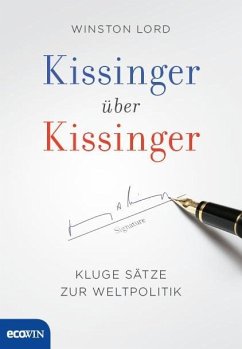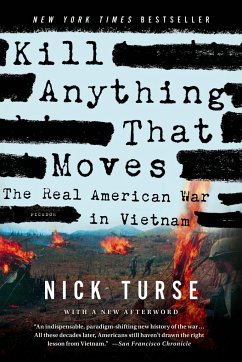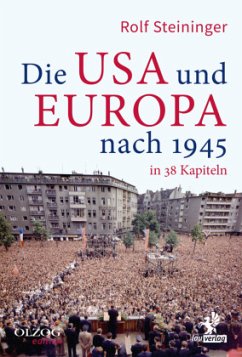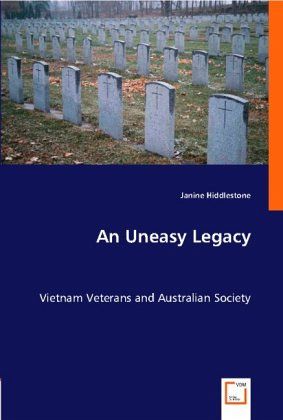
An Uneasy Legacy
Vietnam Veterans and Australian Society
Versandkostenfrei!
Versandfertig in 6-10 Tagen
52,99 €
inkl. MwSt.

PAYBACK Punkte
26 °P sammeln!
The Vietnam War is remembered more for the controversy than the war itself. This has contributed to the stereotyping of the war and those who fought in it. War is always political in nature, but the politics of the Vietnam War provided a series of distinctive complications that heralded a divergence from Australia?s traditional approaches to war and remembrance. This work examines the origins, veracity and consequences of the veteran stereotypes, and ultimately their struggle to find a suitable place in Australian history. Veteran-related issues emerged initially in the USA, but this does not ...
The Vietnam War is remembered more for the controversy than the war itself. This has contributed to the stereotyping of the war and those who fought in it. War is always political in nature, but the politics of the Vietnam War provided a series of distinctive complications that heralded a divergence from Australia?s traditional approaches to war and remembrance. This work examines the origins, veracity and consequences of the veteran stereotypes, and ultimately their struggle to find a suitable place in Australian history. Veteran-related issues emerged initially in the USA, but this does not indicate that they were purely American problems and responses. However, some of the more extreme images emanating from the US were applied to the emerging representations in Australia. The impact of those stereotypes is complex: while they were most often a burden to veterans, they could also offer some advantages. This made finding a suitable identity problematic. However, rather than discovering the popularly perceived group of disturbed malcontents, the research revealed a group of men searching for an historical context into which to place their experiences: a group of average Australians who, for a period thirty years ago, were asked to make the ultimate sacrifice. The work offered the opportunity to provide context to a difficult history, contributing to the study of the conflict and public memory.



